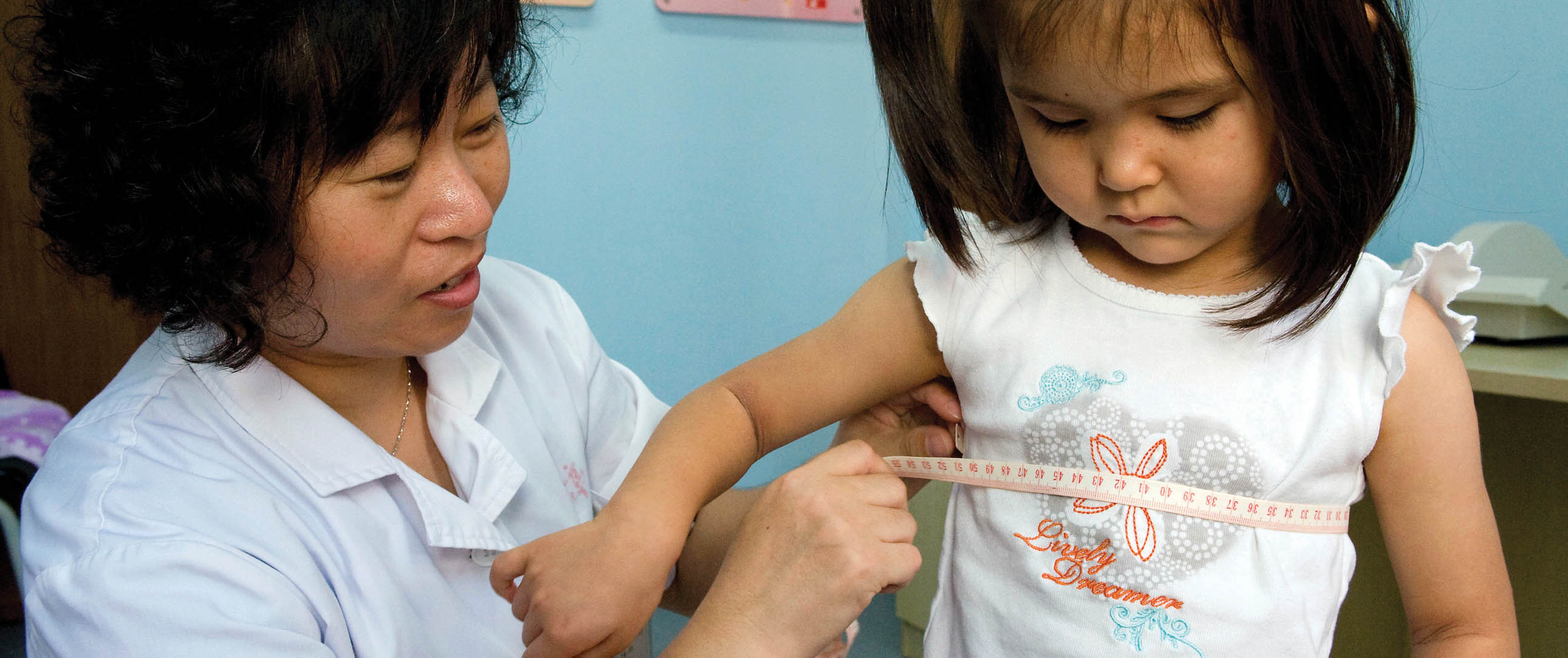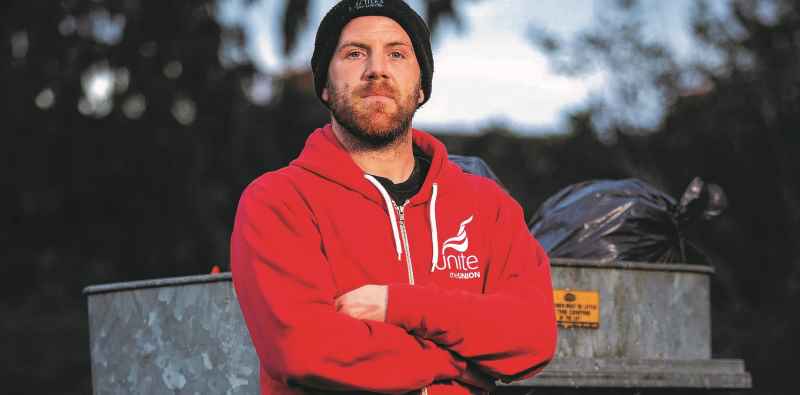‘Sorely disappointed’
The vital role health visitors play at a time when their numbers are dangerously plummeting was highlighted at a Westminster Hall debate on Wednesday (October 24).
That a child’s first months and years are crucial for their future development was a fact made clear from startling statistics outlined in the debate.
“Alarmingly, there is a 99 per cent correlation between a teenager experiencing some form of mental illness or depression at the age of 15 or 16 and his or her mother having had some form of perinatal mental ill health during pregnancy,” said Tory MP Tim Loughton, who led yesterday’s debate.
He added that health visitors are an “early warning system” that can intervene and ensure infants and their families get the support they need – but this â€warning system’ is at risk as health visitor numbers have fallen dramatically since 2015.
A number of Labour MPs intervened in the debate, highlighting how exactly the situation has reached crisis point.
Labour MP Liz McInnes, who previously chaired Unite’s national health sector committee, identified the transfer of responsibility for health visiting from the NHS to local authorities as a major part of the problem.
She said “there was a great deal of disquiet” when the move was first proposed, adding that “the worries that existed at that time have come to pass, as the number of children’s health visitors fell by 31% between 2015 and 2019”.
“With cuts to public health budgets, councils are struggling to afford the number of health visitors needed to cope with the workload,” McInnes noted. “With year-on-year cuts to our public health grant, it is difficult to see where the funding will come from to provide and improve this vital service.”
Lincolnshire dispute
Labour MP for Lincoln Karen Lee also highlighted the problems that have arisen after the transfer, using the example of a dispute in her constituency between health visitors and their employers Lincolnshire County Council.
The striking health visitors, Unite members, are angry at the way their role has been divided by the Council.
“The changes will divide the health visitor role into two different job descriptions, which will create a flawed career progression scheme that restricts health visitor career progression,” she explained. “All health visitors undertake the same training, and upon qualification they are all expected to carry out every facet of their role on a daily basis. It is my understanding that there is no rationale to explain why one health visitor would be demoted to a junior job description while another continued at the same level.”
Lee said she feared the reforms are “not being undertaken in the best interests of the health visitor service, but rather as a mechanism to deskill the service in order to reduce pay.
“Financial efficiency must come second to the wellbeing of our local communities,” she added.
Labour and Co-operative MP for York Rachael Maskell, who previously served as Unite national officer for health, implored the government to listen to the workforce.
“I urge the Minister to meet with [Unite’s] CPHVA, which is the lead organisation representing health visitors, and to ensure that included in that cohort are people working in the profession who can really reflect what it is like on the frontline today,” she said.
Maskell also called for a “new, and properly resourced” implementation plan to replace the old Health Visitor Implementation plan, which was credited with increasing health visitor numbers but ended in 2015.
Tory government ‘hand-wringing’
Public health minister Jo Churchill responded to the debate on behalf of the government, but did not put forward any explicit proposals to tackle falling health visitor numbers or improve the service.
She referenced an apprenticeship now in development which “will offer an alternative route directly into the health visiting profession” but Loughton, an MP of her own party, slated this claim earlier in the debate.
Quoting the Institute for Health Visitors, Loughton said, “the apprenticeship route is not an alternative route directly into health visiting. Applicants still need to be nurses or midwives and the course presents a number of risks – it is longer, the end point assessment delays qualification unnecessarily…it does not deliver a national strategy for the profession.”
Churchill later even questioned figures showing the drop in health visiting numbers, saying that they were “not a complete picture of the health visitor workforce, who may be employed in social enterprises, private sector organisations or local government”.
Commenting after the debate, Unite national officer for health Colenzo Jarrett-Thorpe criticised the minister’s response, which he said left the union “sorely disappointed”.
“There were no concrete proposals forthcoming to combat this deepening crisis in the health visitor profession in England,” he said. “The debate was an ideal opportunity to engage with the issues facing health visitors and the families they serve – but it turned into yet more hand-wringing from a Tory government that refuses to face up to a recruitment and retention crisis of its own making.
“If the minister is serious about early years’ intervention, then she must do more than simply pay lip service to health visiting,” he added. “The situation is now urgent, with health visitors struggling to cope with dangerously high caseloads.”
Echoing Maskell’s intervention, Jarrett-Thorpe said Unite is now calling on the government “to reintroduce a scheme similar to the largely successful Health Visitor Implementation Plan which ended in 2015. This led to a peak number of more than 10,000 health visitors in October 2015.
“It’s no coincidence that this was the same year that health visitor numbers began to fall, and the same time responsibility for health visiting was transferred to cash-strapped local authorities – councils being another victim of the Tories hard-headed austerity regime, leading to savage cuts in budgets for services to children, young people and families,” he went on to say. “There needs to be a review in how these vital health services are commissioned.”
 Like
Like Follow
Follow


